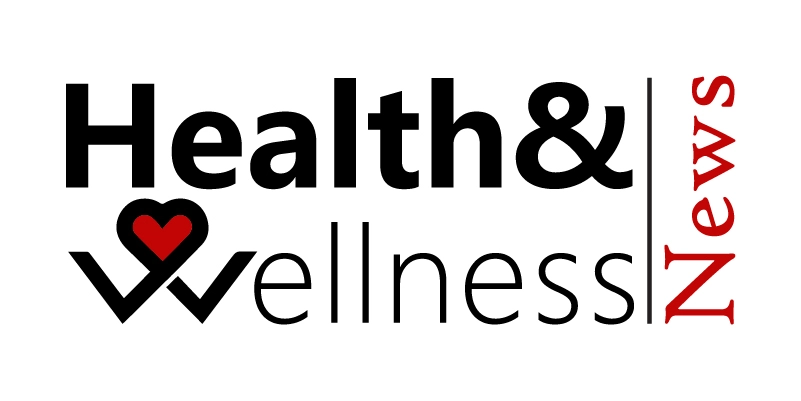Why A Restless Night Can Sabotage Your Workday And How To Recover
The significance of a restful night’s sleep cannot be exaggerated, as it is a crucial element in preserving one’s physical, mental, and emotional health. However, it is not uncommon for individuals to experience occasional sleepless nights, which can significantly impact their performance and productivity at work.

When you have a bad night’s sleep, it can lead to a myriad of consequences in your professional life. Lack of sleep can impair cognitive function, negatively affect decision-making, and hinder your ability to concentrate and retain information.
Additionally, sleep deprivation can contribute to irritability and mood swings, potentially straining relationships with colleagues and clients. Given these adverse effects, it is essential to adopt strategies to counteract the impact of a bad night’s sleep on your workday.
Prioritize hydration: Maintaining proper hydration levels throughout the day can aid in mitigating exhaustion and enhancing cognitive abilities. Ensure you consume enough water, and consider incorporating beverages like green tea or coconut water, which can provide additional energy-boosting benefits.
Opt for nutritious meals: A well-balanced diet can help support your body and mind during periods of sleep deprivation. Prioritize consuming nutrient-dense foods, including lean proteins, whole grains, and colorful fruits and vegetables, to provide sustained energy throughout the day.

Take short breaks: Incorporating regular breaks into your workday can help refresh your mind and alleviate fatigue. Use this time to stretch, take a brief walk, or practice deep-breathing exercises to re-energize your body and improve focus.
Utilize power naps: A short nap of 10-20 minutes can be beneficial in restoring alertness and cognitive function. However, be mindful not to exceed this time frame, as longer naps can lead to grogginess and disrupt your nighttime sleep.
While a bad night’s sleep can undoubtedly disrupt your workday, adopting these strategies can help mitigate its effects and support your overall well-being. By prioritizing self-care and sleep hygiene, you can enhance your ability to perform at your best, even after a restless night.
